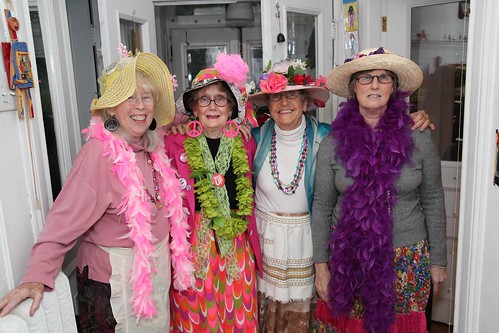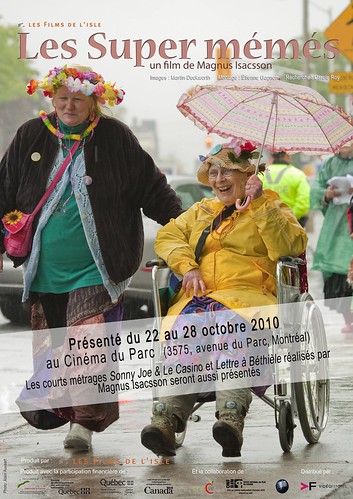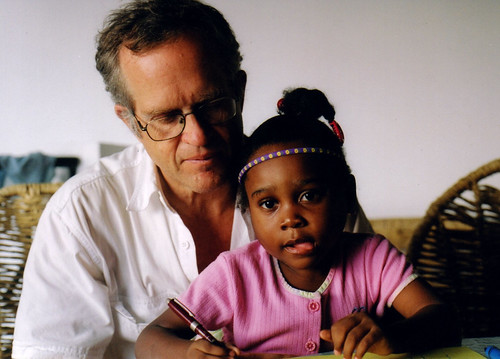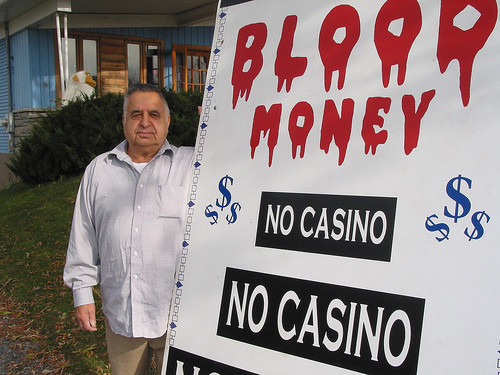
Documentary film funding is not what it used to be. With broadcast windows few and far between and cutbacks everywhere, we doc-makers are turning to other sources, using other methods. And one of the new ways is web-based participatory, or crowd funding. This week I am participating in the Cuban Hat on-line pitch in the framework of the Rencontres Internationales du Documentaire de Montréal.
GRANNY POWER, the project I am pitching (see the video pitch here on Vimeo) together with my colleagues, is a feature length English-language film on the Raging Grannies. This film has been in the works for eight years – and it might as well be crowd funded, because no English-language broadcaster will support it. Could it be that politicized elderly ladies are not the flavour of the month?
The Grannies form a very original protest movement, singing for social justice, peace and environment. They will celebrate their 25th anniversary next summer. The film portrays the movement, but also opens a window on the challenges of remaining active as a citizen as you grow older. Our main characters are between 65 and 80.
Checking out the projects and pitches presented at Cuban Hat is interesting, and the more people vote, the greater the chance that the best projects will become finalists and have a chance to win post production services. Hope you can find the time!
Tobi Elliott, who helps with this blog, is one of the producers of the Granny Film. It was her idea to pitch Granny Power to the Cuban Hat.


